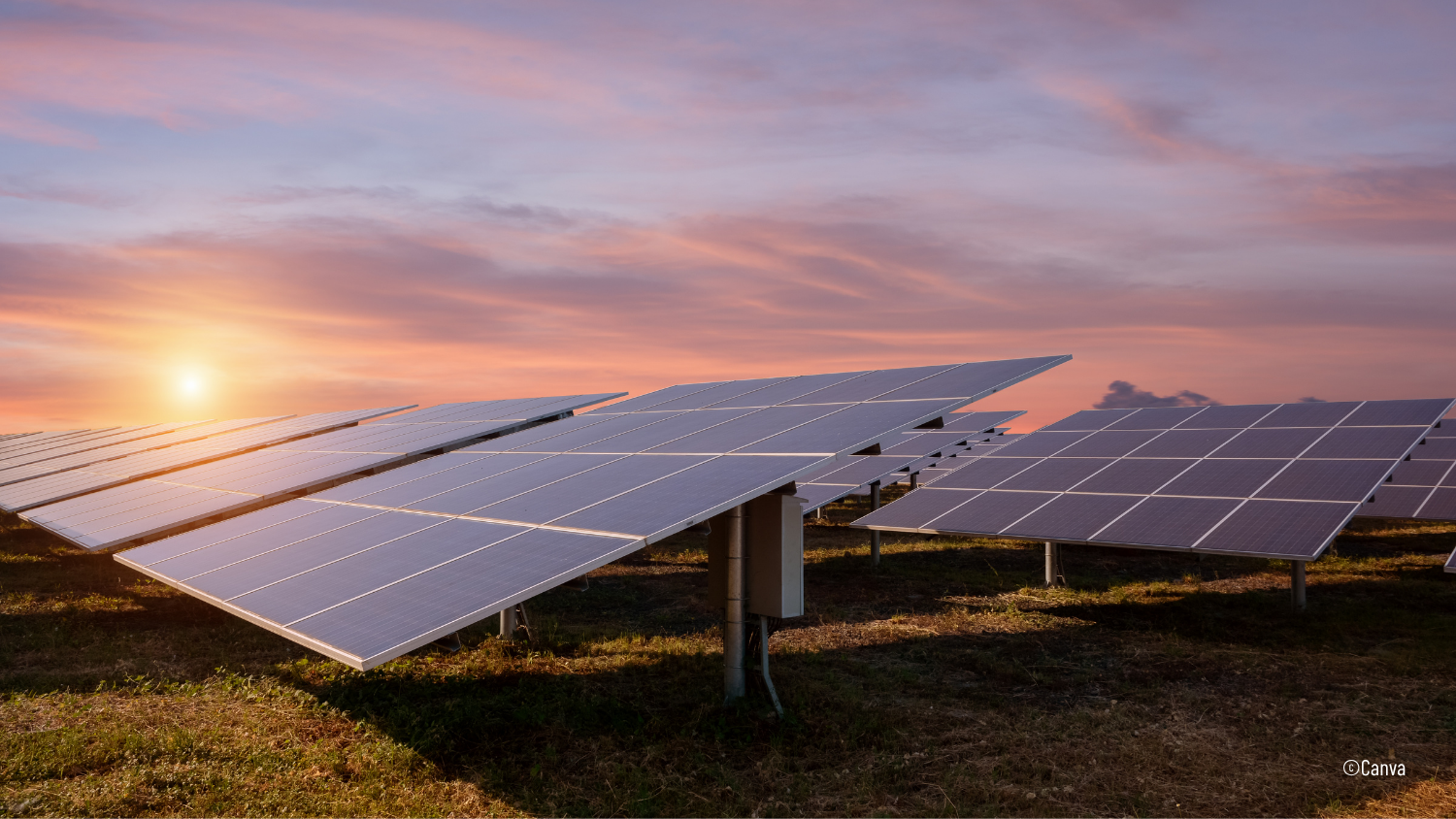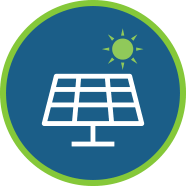By Inés Luján, Joint Programme Manager - Photovoltaic Solar Energy

Europe’s clean energy transition has reached a defining moment in 2025, driven by major policy milestones such as the Net Zero Industry Act and renewed investments in PV manufacturing capacity. Photovoltaic energy is at its core. As solar technologies evolve beyond conventional silicon, emerging PV technologies hold the promise of new applications, higher efficiencies, longer operational lifetimes, higher energy yields, and more sustainable production routes. But turning that potential into impact requires more than technological breakthroughs: it demands a stronger bridge between research, innovation, and the mechanisms that turn them into concrete policies, industrial scale-up, and effective market access.
That is precisely the mission behind the BECOME PV Workshop, organised by EERA JP Photovoltaic Solar Energy (JP PV), returning to Brussels on 2–3 December 2025 for its second edition. The event will gather leading researchers, SMEs, industrial players, and policymakers to address critical challenges in scalability, stability, and commercialisation of next-generation PV.
Ivan Gordon, coordinator of JP PV: “After the big success of the first BECOME PV workshop in 2024, we are very pleased to organise this second edition. Besides presentations by top speakers and round table discussions on key questions related to novel PV technologies, participants will find ample time for interaction with each other and for networking.”
In this context, BECOME PV serves as a living example of how collaborative events and strategic partnerships can work hand in hand to advance Europe’s solar leadership. By bringing together the full ecosystem, from laboratories to manufacturers and policymakers, it embodies the cooperative spirit at the heart of EERA’s mission: ensuring that research excellence directly fuels science-based policies and advances world-class European innovation. This collaborative model is increasingly important as Europe seeks to accelerate technology transfer and strengthen its position in the global PV value chain.
This workshop comes at a pivotal time for the European PV community. This year, the European Partnership for Innovation in Photovoltaics (EUPI-PV) was formally created as a co-programmed partnership with the European Commission. It aims to coordinate and prioritise Europe’s PV research and innovation (R&I) activities in a structured way, ensuring stronger industry involvement and better alignment between research and industrial needs. Building on the collective strength of JP PV, ETIP-PV, SolarPower Europe, ESMC, EUREC, and PVthin, EUPI-PV will play a key role in aligning European R&I efforts with deployment targets and strategic EU competitiveness goals.
Simon Philipps, coordinator of JP PV: "Solar PV is a major pillar of the energy transition. Europe has a strong knowledge base in this technology and has transferred a high number of PV innovations into the market. However, competition from outside Europe is strong. That is why all stakeholders have to work together to ensure fast and market-oriented innovations. The EUPI-PV is an important element to this goal, and JP PV has already strongly taken part in the partnership and is looking forward to continuing the close collaboration with the European Commission in this endeavour."
For JP PV, all recent developments demonstrate that we play a crucial role in shaping Europe’s low-carbon energy future, among others, by establishing links between researchers, policymakers, and market access in the field of photovoltaic technologies. That is why 2025 represents a particularly significant year for our community, and we are very excited about the future we are working towards for 2026.
